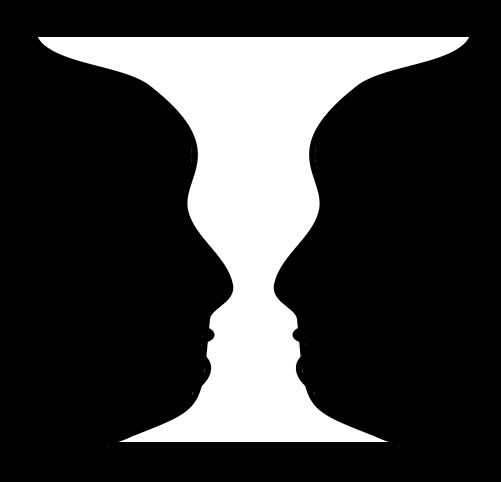Face card declined
I often look people dead in the eyes and have no idea who they are. I’m not talking about strangers but people I know. And I can tell they know exactly who I am even before they say my name. A smile of recognition or some specific look in their eyes. This makes it incredibly uncomfortable to ask who they are, so I don’t.
Instead I rely on a cryptic process my brain has developed without my knowing. I think it’s some kind of adaptive form of playing personal detective with context clues. Perhaps the person in front of me mentions a mutual friend. A place he’s recently visited. A music artist he loves. Each new piece of information feeds into some subconscious triangulation mechanism in my brain that eventually identifies the person I had been pretending like I knew for the past few minutes. I wonder if he sees that moment of recognition suddenly flash across my face and wonders why I’m reacting so dramatically to just another small life update about his dog or job. If only he could see how much processing power it took to simply identify him maybe he would show a little appreciation. I’m like the Sherlock Holmes of identifying friends.
Oh I guess I should probably tell you about my condition. I have Prosopagnosia. Face blindness. I can’t recognize peoples’ faces. Brad Pitt has the same thing though, so I guess it’s not that bad.
Discovering I had face blindness changed very little in the way I behave, more a formality than a revelation.
It did precipitate an interesting thought though.
Not many people understand what it’s like to live with face blindness. Besides the obvious aspect of not being able to recognize faces what else does this change about how I experience the world? Maybe I focus more on particular voice inflections than most. Or hand gestures. It’s fun to imagine which other possibilities could be on offer to my weird brain thanks to the magic of neuroplasticity.
That’s not unique to me.
All of us bumble around the world with our own individual wetware, possibly even smelling and hearing the same things, but experiencing vastly divergent realities. At times such a large gap in experiences seems to indicate that indeed we aren’t watching the same movie at all. Such a way of viewing the world grants you a freeing authorial control over your own story because no one else can possibly see what you see, feel what you feel, think what you think.
Maybe this way of thinking has forced me to also rethink my once incorrigible focus on truth. That’s not to say I don’t think truth is important. I just now place a lower certainty on the existence of one Truth in all things. Sometimes what we call Truth could be more usefully thought of as meaning or even beauty.
What you call Truth may not map onto what I experience. When I begin talking to someone I know but don’t yet recognize, I am having one conversation. Eventually recognizing that person leads to a new conversation. Had you been observing this, you would disagree and look at me like I had two heads as I assured you that I had two conversations. To me though, I am no longer talking with the same person. Recognition marks a new beginning. That may not be True but it means something to me. Each mind inhabits a theatre of its own — writing, acting, and directing. Perhaps that’s as close as we can get to a shared performance.
What you see and what you hear depends a great deal on where you are standing. It also depends on what sort of person you are.
— C.S. Lewis, The Magician’s Nephew



